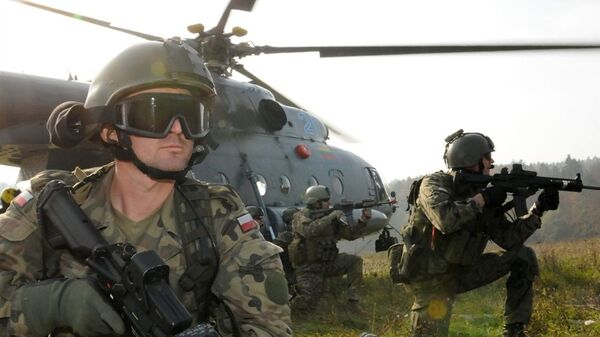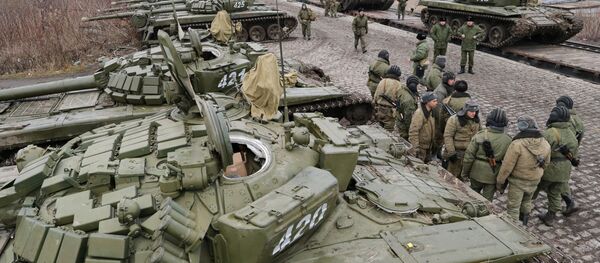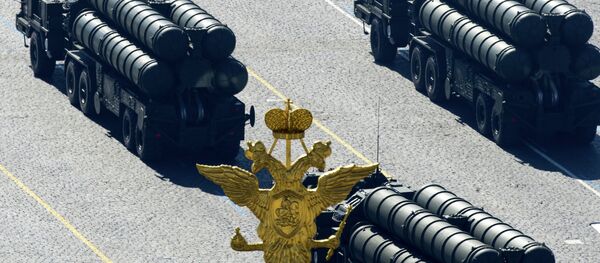"NATO poses no threat to Russia or to any nation," Lungescu said, commenting on Russia's revised military doctrine that lists the alliance's military buildup as a major threat to the country's national security.
"NATO will continue to seek a constructive relationship with Russia, as we have done for more than two decades," the spokesperson stressed, noting that "it would only be possible if Russia abides by international law and principles, including the right of nations to choose their future freely."
An updated version of the Russian military doctrine, which was adopted on Friday, lists NATO's military buildup and the bloc's expansion toward the Russian borders as one of the main external threats to state security.
At the same time, the document emphasizes that Russia's military doctrine remains purely defensive in nature.
NATO-Russia relations have deteriorated amid the current Ukrainian crisis. The recent actions taken by NATO following Crimea's reunification with Russia in March, namely boosting its military presence in Poland and in the former Soviet Baltic republics of Latvia, Lithuania and Estonia, have caused concern in Russia.
In April, the alliance ceased all practical cooperation with Russia, limiting contacts to ambassadorial and higher levels.



